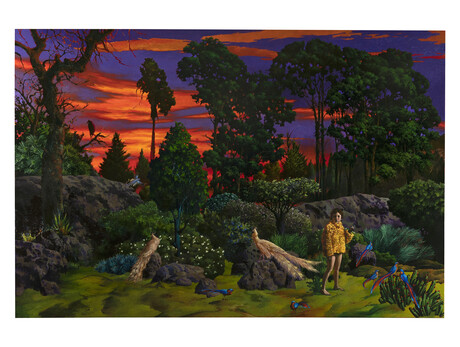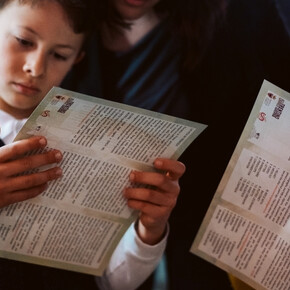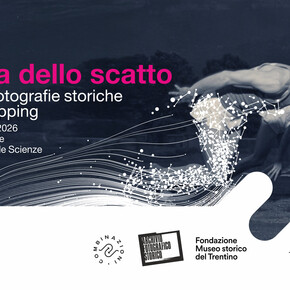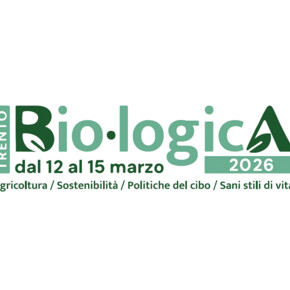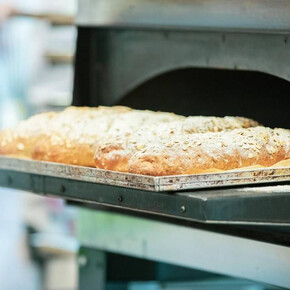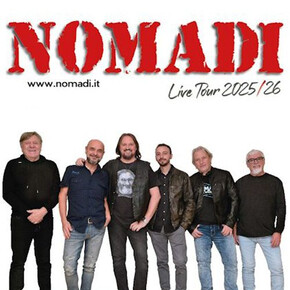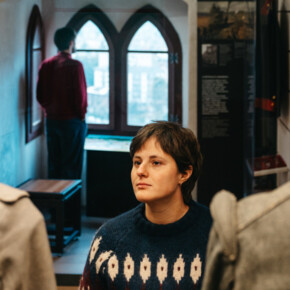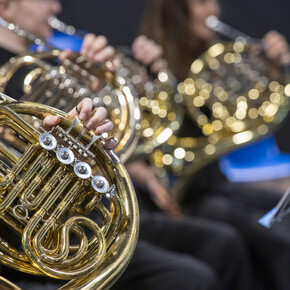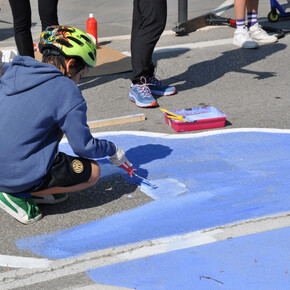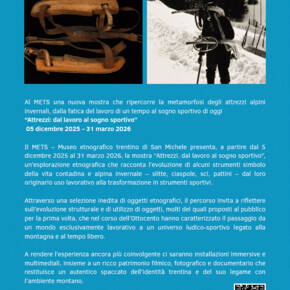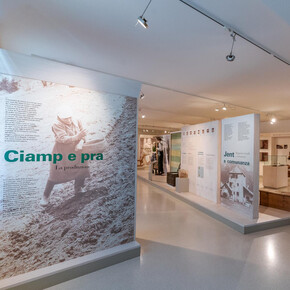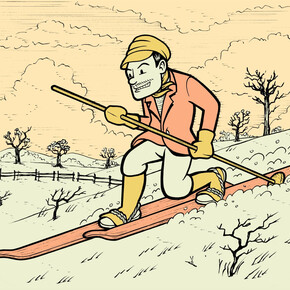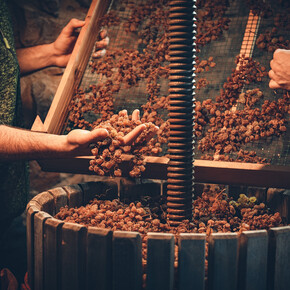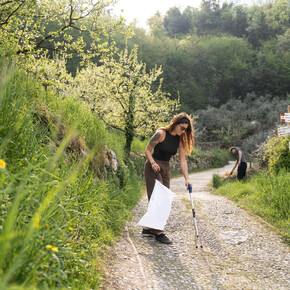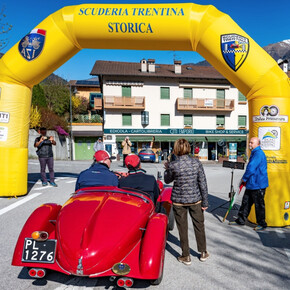Francesco De Grandi - The Honey Sacrifice - Galleria Civica
From Saturday 26 October to Sunday 26 January 2025 at the Galleria Civica in Trento. The "Galleria ...
From Saturday 26 October to Sunday 26 January 2025 at the Galleria Civica in Trento.
The "Galleria Civica" in Trento dedicates a monograph to the artist "Francesco De Grandi", one of the central figures in the Italian and European painting scene. De Grandi's pictorial research addresses the points of contact between the study of nature and the feeling of the sacred. His art, narrative, figurative, dreamlike, finds in the archetypal motifs of art history a path of knowledge and a way of spiritual elevation, in a form of almost meditative painting.
The title of the exhibition is taken from the work "Thus Spoke Zarathustra" by Friedrich Nietzsche, published in several editions between 1883 and 1885, one of the most influential and complex texts of contemporary philosophy. In the chapter entitled “The Sacrifice of the Honey”, Zarathustra explores the concept of sacrifice and its relation to moral and spiritual values: such sacrifice represents, in a symbolic way, the renunciation of something sweet and desirable for a higher ideal. Honey, a symbol of pleasure and sensory satisfaction, becomes a metaphor for everything that is immediately rewarding but that can be set aside and overcome on the way to a more authentic and conscious life.
For the artist, this passage becomes a metaphor for a certain way of understanding painting: not an escape to abstract from reality, but a tool to get his hands dirty with it, to present the reality of those on the margins of society.
On display, a wide selection of over 20 canvases and 50 drawings account for the last ten years of the artist's production, following the double track of monumental works, celebrated and proposed in important personal and collective exhibitions, alongside graphic production, less known and sometimes unpublished.
Central work in the exhibition is "Medea in the garden of Colchis" (2023): De Grandi narrates the events prior to the climax of the tragedy, showing us how much Euripides did not narrate. Before guilt and before betrayal, a little Medea wanders in the garden of her kingdom, in that remote, archaic and mysterious region, on the edge of the Greek world.
A site-specific intervention completes the exhibition. The artist presents a personal philosophical reflection, written with his fist but using his left hand: an unnatural exercise that causes an uncertain and flickering advance of the letters, in open contrast to the strength of the written message.


